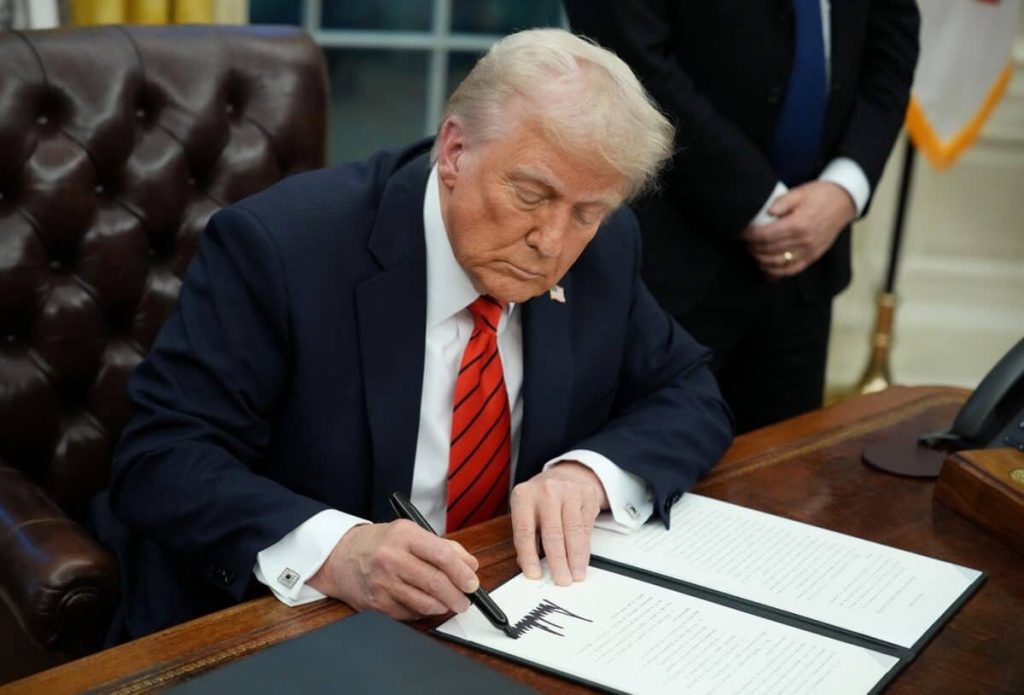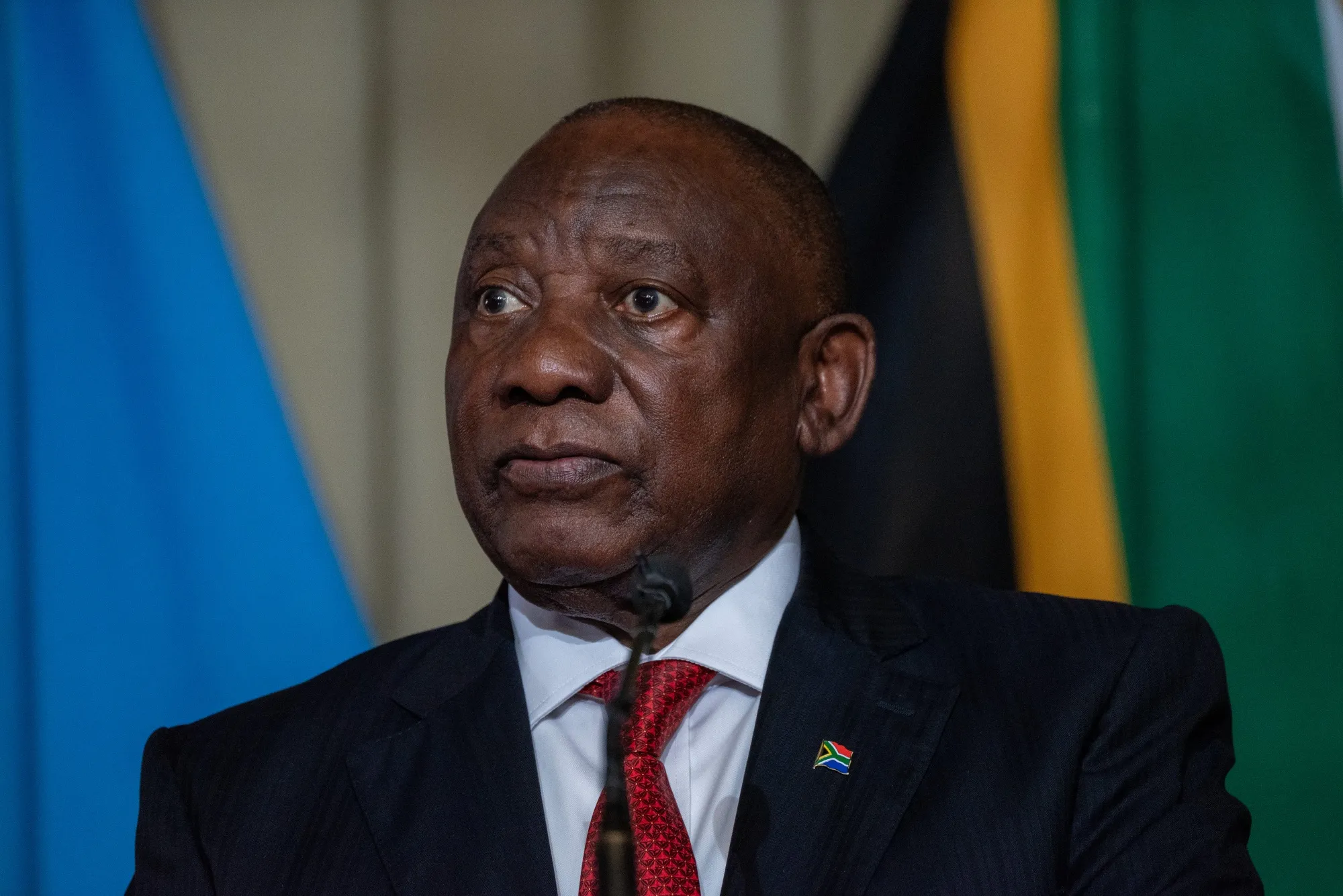South African President Cyril Ramaphosa on Monday condemned new U.S. tariffs set to impact certain exports, calling them “very punitive.”
He stated that the country will work to limit their effect while also seeking to diversify its trade relationships.
The 30% tariff is the highest in sub-Saharan Africa and comes amid strained diplomatic relations between South Africa and the U.S.
Officials estimate the tariffs could jeopardise up to 30,000 jobs, though the South African Reserve Bank warned last week that as many as 100,000 jobs could be at risk.
The levies will primarily affect the nation’s agriculture, automotive, and textiles industries, with some sectors like copper and pharmaceuticals remaining exempt.
Foreign Minister Ronald Lamola expressed frustration, arguing that South Africa’s exports constitute only a small fraction of total U.S. imports (0.25%) and do not pose a threat to American industries.

He noted that many South African agricultural products, for example, are “counter-seasonal,” filling gaps in the U.S. market rather than competing with domestic produce.
In response, Ramaphosa said his government would continue to engage with Washington to “normalise trade relations” while also exploring new markets in Africa, Asia, and the Middle East.
The government has established a support desk to assist exporters and plans to push forward with a free-trade area for the African continent.
The political tensions between the two nations have been widely criticised in South Africa.
In March, the U.S. expelled South Africa’s ambassador after he criticised President Donald Trump’s “Make America Great Again” movement.
The two countries also disagree on several issues, including South Africa’s case against Israel at the International Court of Justice.


 Trending
Trending 
